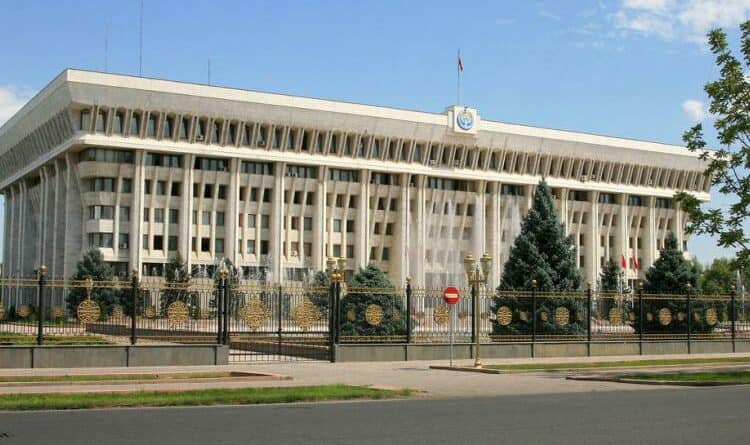In Kyrgyzstan, parliamentarians propose to toughen religious organizations’ control
The Republic has witnessed a rapid growth of various organizations; some of them are engaged in propaganda of extremist and destructive ideas. This was announced on October 16, at the meeting of the Parliament on the issue of the law “On amending the law of the Kyrgyz Republic “On freedom of religion and religious organizations”, said the deputy Mahabat Mavlyanova.
According to her, the influence of these organizations primarily affects young people. Mavlyanova proposed tightening state control over religious organizations’ compliance with Kyrgyz legislation.
“The main mission of the State Commission for Religious Affairs is counteraction against religious extremism and terrorism. However, for some reason, religious organizations continue to function in Kyrgyzstan, which are recognized as illegal in neighboring countries, as well as in Russia,” the deputy emphasized.
Zaiyrbek Ergeshov, director of the State Commission for Religious Affairs, replied that in most cases the legislative prohibition in Kyrgyzstan and neighboring states is similar, with the exception of the religious organizations “Jehovah’s Witnesses” and “Tablighi Jamaat”.
Deputy Minister of the Ministry of Internal Affairs, Mirlan Kanimetov, added that the structure of the MIA has the special department to combat extremism, which exercises control over the entire media space.
According to the deputy minister of the Ministry of Internal Affairs, 339 criminal cases have been opened for propagating radical ideas, 16 of them were for suspicions of involvement in terrorism.
The deputy Ainura Osmonova also pointed to the intensification of extremist religious organizations in the Republic.
“A particular danger is that these organizations have external control centers that form wide international networks,” the parliamentarian said, emphasizing that their ideological influence leads to the radicalization of Kyrgyz citizens and their transfer to places of military conflict, from where they cannot return to their homeland.




